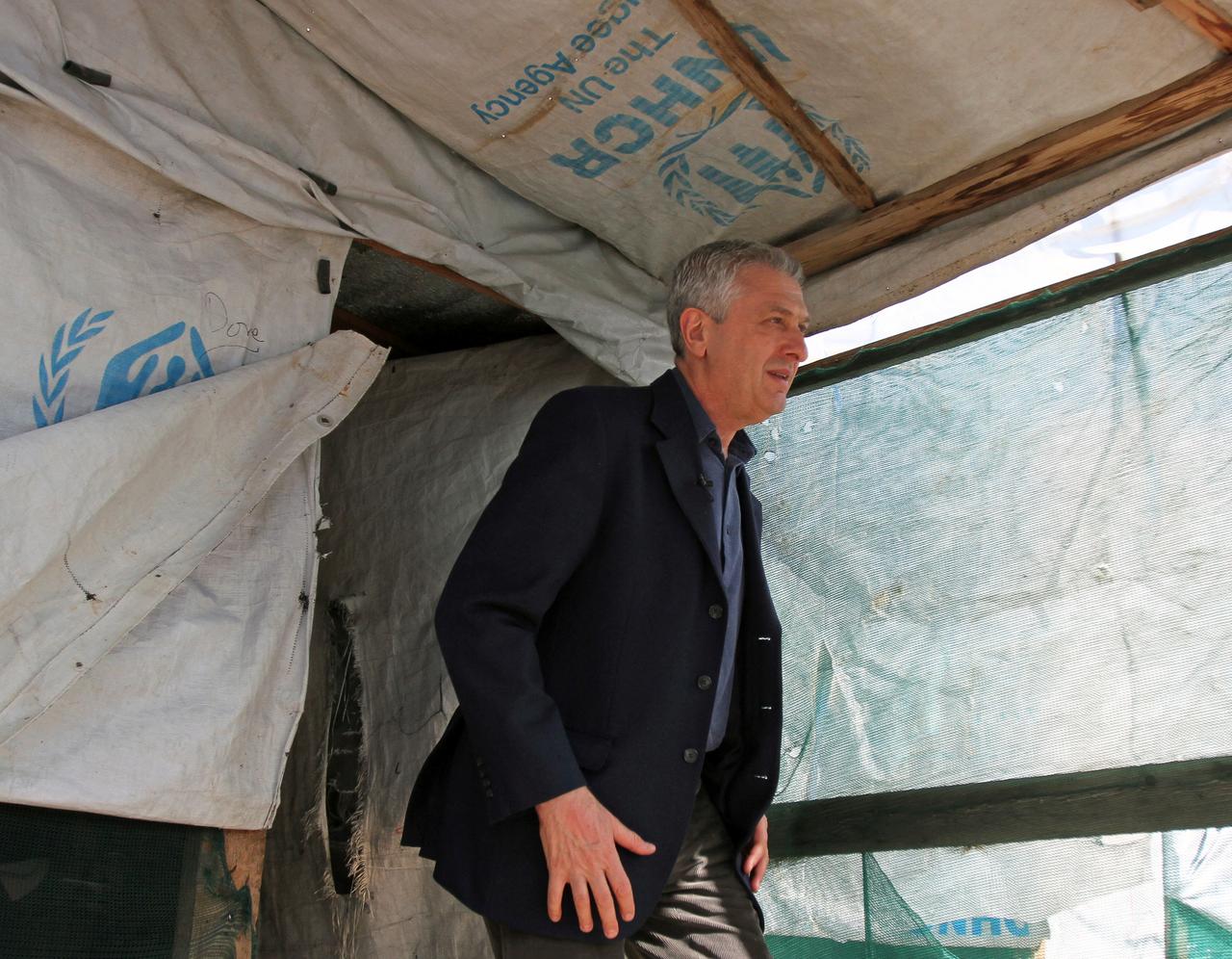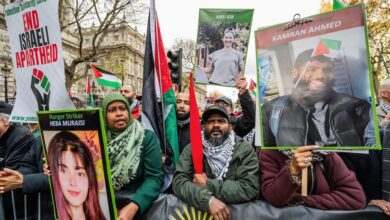
BEIRUT (Reuters) – The United Nations refugee agency should have a bigger presence inside Syria to observe and help refugees returning from abroad and from displacement within the war-torn country, UNHCR Commissioner Filippo Grandi said on Saturday.
After almost eight years of fighting, President Bashar al-Assad now controls most of Syria and the front lines appear stable for now between government territory and two big enclaves in the north and east still outside Damascus’s control.
Many Syrians scattered within and outside the country — including the more than a million in neighboring Lebanon — are now considering whether to go home.
“It is important that in areas of return, organizations like UNHCR are present and can observe the return, can have access to the returnees and can help them address some of the problems they face,” Grandi said in Beirut, as the Syrian conflict approaches its eighth anniversary next week.
“Without that presence there is an element of confidence that is missing in the return of the people,” he added.
Syria’s war has killed an estimated half a million people, driven some 5.6 million people out of the country and displaced around 6.6 million within its borders.
Grandi said there are “big challenges” preventing people from returning to their homes including security, legal and administrative issues, housing, schools, water and healthcare.
He said UNHCR was working with the Syrian government and its Russian ally on these matters.
“The complicated one like legal issues and amnesties, these are Syrian issues the Syrian government decides. But the Russian government has been part of an important discussion creating better conditions for refugees to return,” Grandi said.
Grandi, who was in Lebanon after spending three days in Syria, said he had passed a “very strong message” about UNHCR access to the Syrian government.
“We are present in some areas. I myself could go to Homs and Hama (this week) it was not complicated. In other areas such as the Damascus (countryside), to get the authorization to visit is more difficult.”
Britain’s foreign office minister for the Middle East Alistair Burt said on Saturday the Syrian government had not so far done enough to make Syria a safe place for returnees.
“It is clear (Assad) does not want to see many of his refugees return,” Burt told the BBC’s Today radio program.
“It is essential there will be no reconstruction support from UK and EU until there is a political settlement that goes some way to meeting the needs of those people,” he added.
Reporting by Imad Creidi; Writing by Lisa Barrington; Editing by Helen Popper




